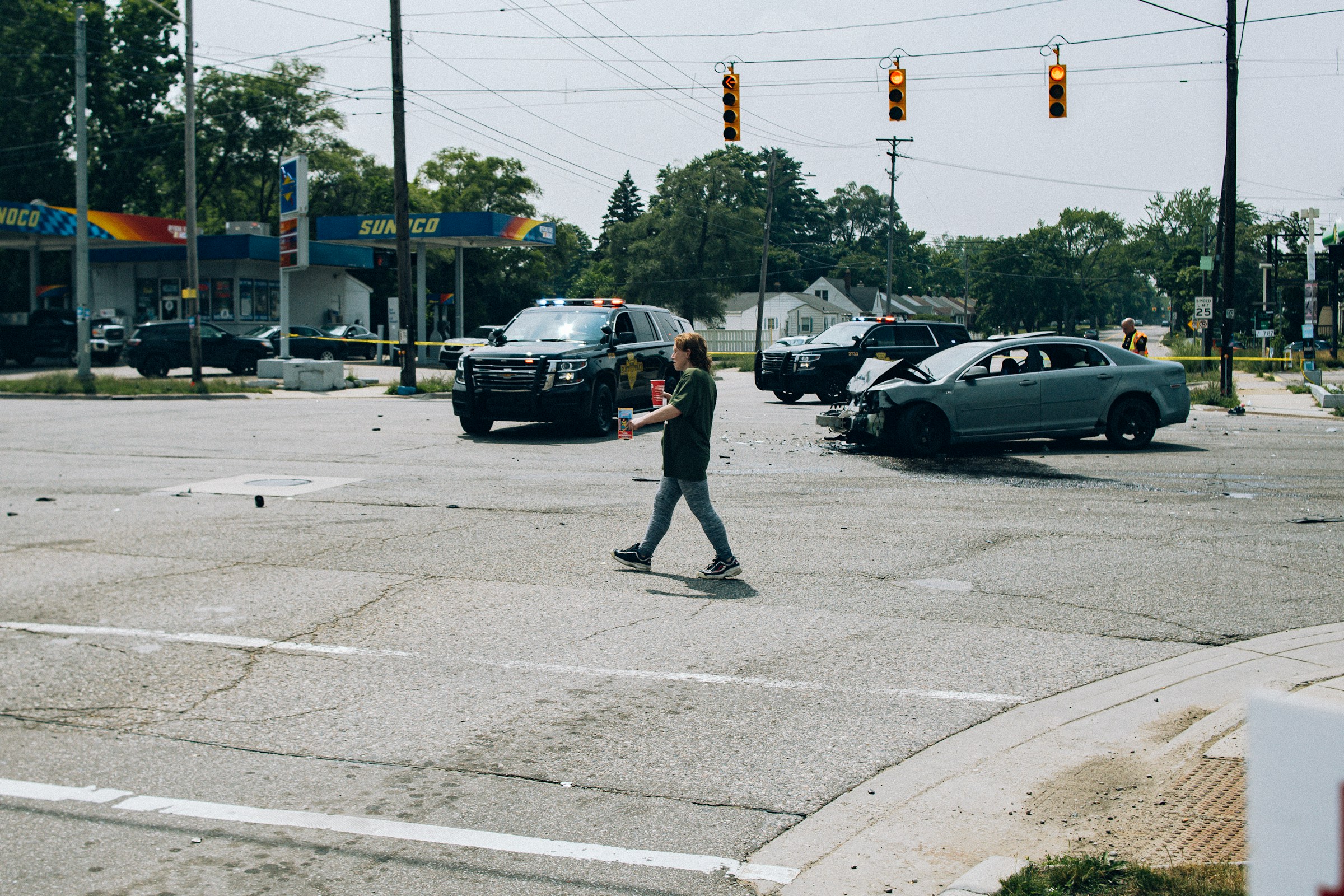After an accident not within your control, know how to avoid costly damages and legal problems. Dealing with your insurer is already very trying. You have to contact the at-fault driver’s insurer, and have no idea where to start. This post will offer you pointers on what to do following an accident.


Ensure You Are in a Safe Place
Ensuring you are out of harm’s way should come first following an automobile collision. Move to a safe spot free from vehicles, such as a road shoulder or a nearby sidewalk. Turn on your hazard lights to notify other drivers of the incident and your presence.
Maintaining a safe spot lowers the possibility of more damage from approaching traffic or extra collisions. Once safe, you may evaluate the circumstances and communicate information with the other persons engaged.
Avoid Admitting Fault or Responsibility
A car accident can leave one stunned, overwhelmed, and unclear about what will come next. You might start chatting to the other driver, the police officer, and the insurance firms. Still, resist the emotional need to own the accident as your fault.
A car accident lawyer could assist in getting legal help for car crash victims. Admitting responsibility runs the danger of forfeiting any reimbursement for property loss and physical injury. Taking responsibility can potentially lead to another driver suing you.
After a car collision, you are never legally obliged to take responsibility. Admitting a mistake makes it more challenging for an attorney to protect your rights. Statements you provide to the police could be used against you, simplifying the insurance company’s denial of your claim process.
Seek Appropriate Medical Care
See your doctor or visit the ER at the first sign of pain or discomfort, or simply a sense that something’s not quite right with a given body part. Your health comes first here, but should you find yourself filing an insurance claim following a car accident, you will have to be able to prove that you sought quick medical assistance for reasonable injuries. Medical records detailing the type and degree of those injuries and their impact on your life support an injury claim more than anything else.
Maintain Detailed and Accurate Records
You must keep careful records to assist in proving both financial and non-financial losses following an automobile accident for which you are not at fault. Saving receipts and accident-related expenses will help to substantiate economic losses.
Keep all records about your medical treatment; pay stubs proving lost income if you missed work; gas receipts for travel to and from the hospital; receipts for replacement services since you cannot perform some tasks; bills or receipts for anything else you spend due to the accident or injuries. Never worry about saving too much; always make copies of your files.


Assess Your Compensation Opportunities
Usually, a settlement offer from the insurance company helps to conclude most vehicle accident cases. Count on your automobile accident attorney to negotiate the best settlement and build a strong case. Your attorney can keep the case in court if claim adjusters reject reasonableness.
Should the collision cause significant injuries and damage above insurance limitations, you may potentially file a personal injury lawsuit. Under this legal procedure, one seeks damages by proving the other party’s negligence or fault. Your case will be decided by a judge or jury, who will also choose a suitable penalty.
Endnote
When you are unsure what to do following an automobile accident that was not your fault, a car accident attorney can assist in putting the process under control. Speak with an attorney who has the knowledge and direction to handle tasks on your behalf.
Article Last Updated: May 7, 2025.


